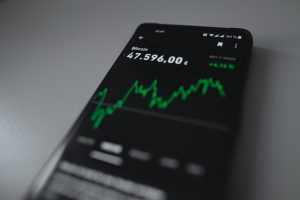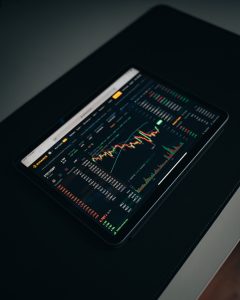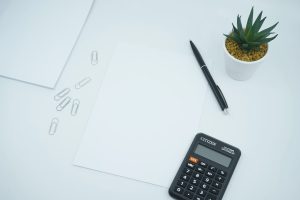The foreign exchange market, or forex market, is the largest and most liquid financial market in the world. With an average daily turnover of $6.6 trillion, it dwarfs any other market, including the stock and bond markets. Given its size and significance, it is essential to have a regulatory framework to ensure its smooth functioning and stability. In this article, we will explore the various institutions and bodies that oversee the forex market.
Central Banks
Central banks play a crucial role in overseeing the forex market. They are responsible for implementing monetary policy and maintaining the stability of their respective currencies. In this regard, central banks have the power to intervene in the currency markets to influence exchange rates.
For instance, if a central bank believes that the value of its currency is too high, it may sell its currency in the forex market to bring down its value. Similarly, if a central bank believes that the value of its currency is too low, it may buy its currency in the forex market to boost its value. These interventions can have a significant impact on the forex market and are closely watched by traders and investors.
Regulators
In addition to central banks, regulatory bodies also oversee the forex market. These regulators are responsible for ensuring that market participants comply with the rules and regulations that govern the forex market. The main regulatory bodies for the forex market are:
1. The Commodity Futures Trading Commission (CFTC) – The CFTC is the primary regulator of the forex market in the United States. It oversees the activities of forex brokers and traders and ensures that they comply with the relevant laws and regulations.
2. The Financial Conduct Authority (FCA) – The FCA is the regulator of the forex market in the United Kingdom. It oversees the activities of forex brokers and traders and ensures that they comply with the relevant laws and regulations.
3. The European Securities and Markets Authority (ESMA) – The ESMA is the regulator of the forex market in the European Union. It oversees the activities of forex brokers and traders and ensures that they comply with the relevant laws and regulations.
4. The International Organization of Securities Commissions (IOSCO) – IOSCO is a global regulatory body that sets standards for securities regulation. It works with national regulators to ensure that the forex market is transparent, fair, and efficient.
Market Participants
Market participants also play a critical role in overseeing the forex market. These participants include banks, hedge funds, corporations, and individual traders. They are responsible for executing trades and providing liquidity to the market. Moreover, they also play a significant role in determining exchange rates.
For instance, if a large bank or hedge fund decides to buy a particular currency, it can significantly increase the demand for that currency, leading to an appreciation in its value. Similarly, if a large corporation decides to repatriate its profits from a foreign country, it can significantly increase the supply of its currency, leading to a depreciation in its value.
Conclusion
In conclusion, the oversight of the forex market is a complex and multi-layered process. Central banks, regulatory bodies, and market participants all play critical roles in ensuring the smooth functioning and stability of the forex market. By working together, they can help to promote transparency, fairness, and efficiency in the forex market, which is essential for the global economy.





